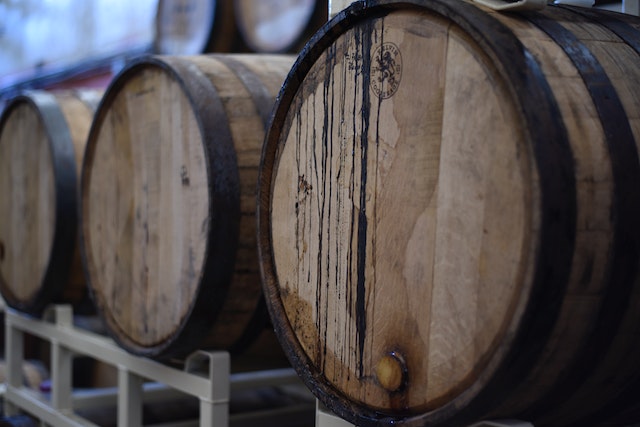The recent discovery of forced labor in the Brazilian wine industry has shocked the world and exposed the ongoing problem of slavery and human rights violations in the country. Over 200 people, most of them brought from northeastern Brazil in buses, were rescued from vineyards in the southern State of Rio Grande do Sul and reported violent ways of repression used to maintain their captivity by those who first employed them.
This is not the first time that forced labor has been discovered in Brazil.
The country has a long history of slavery and racism, and despite the abolition of slavery in 1888, the legacy of forced labor and exploitation continues to this day. Debt bondage, in particular, has become a common form of modern slavery in Brazil, where workers are forced to work off a debt to their employers, often under appalling conditions.
Miolo Wine Group and Lidio Carraro Wines have been identified as being involved in the recent scandal. Both companies released statements condemning the use of forced labor and promising to cooperate with authorities to ensure that those responsible are held accountable.
The victims of the forced labor scandal were mostly young men and women from impoverished areas in northeastern Brazil, who were promised good wages and decent working conditions but instead found themselves working in slave-like conditions. The majority of the victims are Black or mixed-race, highlighting the intersection of race and poverty in Brazil.
The victims are currently in the care of the authorities, and efforts are being made to ensure that they receive the support they need. The families of the victims have expressed their shock and anger at the conditions their loved ones were subjected to, and they are calling for justice to be served.
The scandal has sparked outrage in Brazil and around the world, with many people calling for stronger action to be taken against companies that engage in forced labor. The Brazilian government has promised to take action to prevent similar incidents from happening in the future, but there are concerns that this may not be enough.
It is important to acknowledge the intersection of race, gender and poverty in cases of forced labor and human rights violations. The victims of the Brazilian wine industry scandal were mostly young Black or mixed-race men and women from impoverished areas, highlighting the ways in which systemic inequalities contribute to the perpetuation of modern slavery.
It is crucial that the government and companies take decisive action to prevent similar incidents from happening in the future and to ensure that those responsible are held accountable for their actions.
The victims deserve justice and support, and it is our collective responsibility to work toward ending modern slavery in Brazil and around the world.








